Education
The Legal Symposium is one of the best ways to make sure we keep up-to-date with recent legal changes affecting the credit world. This year’s Legal Symposium will be held in-person and virtually.
Sponsored by: The Bankruptcy and Creditors’ Rights Sections of the Commercial Law League of America
IN-PERSON NACM Connect Headquarters | VIRTUAL Zoom
8 AM — 4:30 PM CST (6 am – 2:30 pm PST; 9 am – 5:30 pm EST)
4:30 — 5:30 PM | On-Site Reception and Networking
8:30 — 9:30 AM
COMING TO A BANKRUPTCY COURT NEAR YOU
Ronald R. Peterson, Partner, Jenner & Block
In this session we shall review legislative bankruptcy development in the new Congress. Topics covered will include venue reform, student loans, third party releases and the Texas Two Step, Sub Chapter V, the new Chapter 10 for consumers, Senator Warren’s “Stop the Wall Street Steal” and proposals from the Commercial Law League of America and the American Bankruptcy Institute.
9:45 — 10:45 AM
THE POST-PANDEMIC
COLLECTION PRACTICES
John Pucin, Caine and Weiner
Covid forced us to reevaluate our way of doing things throughout every aspect of the collection process. With businesses closing, salaries diminishing, courts backlogged, and client expectations rapidly changing, what did we learn from these past three years and how will we adjust our collection practices to today’s reality?
11 AM — 12 PM
FAST AND FURIOUS: THE BREAKNECK PACE OF CHAPTER 11 AND ITS
IMPACT ON CREDITORS RECOVERIES
Bruce Nathan and Andrew Behlmann, Partners, Lowenstein Sandler LLP
As recession risk abounds, this session focuses on the anticipated uptick in chapter 11 filings in 2023, and its impact on credit professionals. The speakers will first touch on the macroeconomic factors that are driving a resurgence in chapter 11 filings, and the industries most likely to be affected. The speakers will then discuss the trend towards speedier chapter 11 cases, including more prepackaged and pre-arranged chapter 11s, bankruptcy cases involving sales of business/assets, free-fall chapter 11s, and the increased frequency of small business Subchapter V chapter 11 cases, and their impact on creditor recoveries. Finally the speakers will present case studies on recent high profile chapter 11 cases.
1 — 2 PM
THE CREDITOR’S GUIDE TO EARLY TERMINATION
Amy L. Pona, Director of Commercial Litigation, Gurstel Law Firm P.C. and Donald Mausar, Shareholder, Weltman, Weinberg & Reis
This program will act as a primer course for early termination fees (ETF) in contracts. What is an ETF? When is an ETF enforceable? When is an ETF considered a penalty and not enforcement? Sample provisions will be discussed, as well as best practices, pitfalls, legal causes of action and in general what the Courts have to say about ETF’s.
2:15 — 3:15 PM
THE BENEFITS AND STRATEGIES OF SERVING ON A CHAPTER 11 CREDITORS’ COMMITTEE: A CASE STUDY
Brian Jackiw and Thomas Fawkes, Tucker Ellis LLP
In Chapter 11 bankruptcy cases, the appointment of an official committee of unsecured creditors is mandatory so long as sufficient interest from creditors exists. However, committees are all too often not appointed in Chapter 11 cases, even when the estate and unsecured creditors could benefit from them, because creditors are either uninformed about or intimidated by the process or believe that the financial burdens and time commitment associated with committee service are too great. Our panelists, consisting of legal and financial professionals as well as credit professionals that have served on committees, will attempt to dispel some of the myths that influence creditors to shy away from committee service and to discuss the benefits that run to both individual creditors and the entire creditor body that can come from the appointment of an official committee. We will present a hypothetical Chapter 11 case, during which the committee formation process will be explained, and the situations in which a committee can have a direct and meaningful impact on the direction in which a case proceeds will be highlighted. Our objective is to make the committee process less intimidating and to arm participants with a basic set of tools that will allow them to make sound decisions on committee participation.
3:30 — 4:30 PM
CREATING A CREDIT APPLICATION THAT CAN WITHSTAND THE DEPTHS OF TIME AND LAWSUITS: THE TOP 10 THINGS YOUR COMPANY’S CREDIT APPLICATION SHOULD CONTAIN (OR NOT) — AND WHY
Wanda Borges, Esq., Principal Member, Borges Associates PLC
Today’s credit application is a far cry from the simple half-page document of years gone by. Laws are continually changing requiring tweaks to existing language. We are living in a world of electronic transactions which have very specific requirements. Creditors want a credit application that can serve as a binding contract. This program has been created for new credit managers who need to learn the fine art of credit applications as well as experienced credit managers who need to remain up to date on laws requiring changes or additions to existing verbiage. This presenter will also discuss why some provisions should not be included in a credit application Top Ten items to be discussed will include cardinal rule of credit, statutory compliance, personal guaranties, security interests under UCC Article 9 and electronic transactions.
